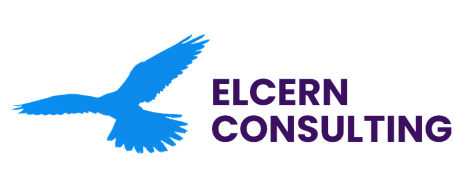Risk Management
We can help guide your team to identify, assess and prioritise risks, develop appropriate responses and implement robust assurance and reporting practices. This will improve your operational efficiency while fostering a culture of proactive risk management in your organisation.
Our Process
Using specialised tools and checklists we can advise on each individual stages of a client’s risk management processes. Here we can draw on standards and our own benchmark to identify gaps and improvement options.

Risk Identification
We look for who the client involved in terms of stakeholders versus the business strategy and plans. Our checklists, and continuous peer assessments can support rich and deep brainstorming to try to ensure the big risks are brought forwards, versus the myriad of other risks that could be considered.
Risk Analysis
We can draw on benchmarks and market knowledge to test and support our client’s risk profiling of the identified risks. This stage can involve validating the client’s analysis process, including how it draws in past incident frequency and impact within the client and across the relevant market (see extract). Even at this stage we can help a client define, describe or amend their risk appetite versus the strategy and business plan in preparation to taking on appropriate risks.
Risk Evaluation
We can support or test the process used to prioritise the risks like bow ties and heatmaps (see image). Its a great place to check fitness of the risk description, which existing activities constitute primary controls, monitoring and contingencies and support the client documenting these in their register or GRC tool. Supporting a critically assessing where controls are missing and whether and how such gaps could be covered.

Operational Risk Management
We can help bring forward the monitoring and dashboarding that may support management’s awareness and decision making. Here we may apply templates and process learnings to help each client tailor their risk information to what really matters to them. Communication processes can include supporting client’s use of tools like Servicenow and Archer. Here its important that the risk management is more a background but key process and not a time-consuming duty to minimise risks of organisation fatigue.
Risk Governance
We can help check descriptions for the key roles needed to run the processes. This stage can include training client staff who may be unfamiliar with what has to be done and how much of their operational time should be given to this activity. Encouraging risk management to be a management tool rather than a compliance activity could be a key part of our training of client staff. Continuous improvements are also a key part of this stage.
Risk Management Insights

Changing Temperature Impact on Data Centres
What’s the Problem? Temperature data from the UK Met Office prompts thoughts on areas where data centre equipment, facility design...
We need your consent to load the translations
We use a third-party service to translate the website content that may collect data about your activity. Please review the details in the privacy policy and accept the service to view the translations.
